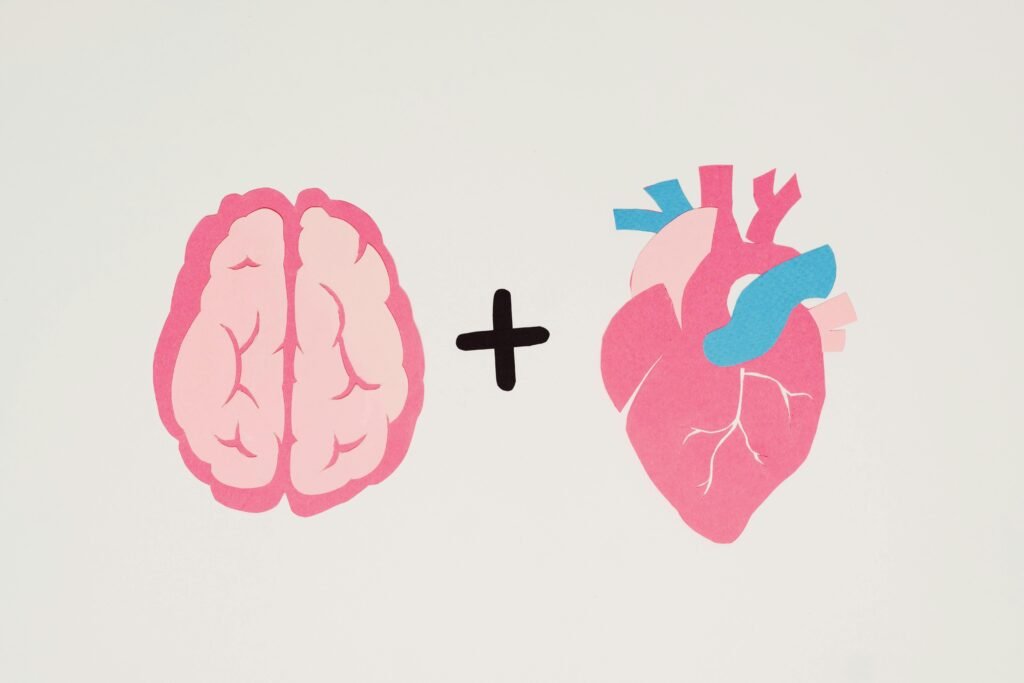I. Importance of Health Care
Definition of Health Care
Health care encompasses the organized provision of medical services to individuals and communities to maintain or improve health. This includes everything from routine check-ups and emergency care to long-term treatment. Health care aims to ensure that everyone has access to quality medical services when they need them.
The Historical Context of Health Care
Health care has evolved dramatically over the centuries. In ancient times, care was often rudimentary and based on herbal remedies and traditional healing practices. Over time, the understanding of diseases and the development of medical knowledge led to more structured systems of care. From the establishment of hospitals in the Middle Ages to the introduction of public health initiatives in the 20th century, the way we approach health care has continuously transformed, reflecting changes in society and technology.
Overview of Health Care Systems Worldwide
Today, health care systems vary significantly across the globe. Some countries, like Canada, have a publicly funded system, which aims to provide health services free at the point of use. Others, like the United States, mix public and private funding, leading to a more complex system. The World Health Organization (WHO) emphasizes universal health coverage, stressing that everyone should have access to essential health services—no matter where they live.

II. Access to Preventive Services
Importance of Regular Check-Ups
Regular check-ups play a vital role in proactive health management. By visiting a health care provider periodically, individuals can catch potential health issues early, ensuring they receive timely intervention. A personal story: my friend noticed some unusual symptoms during a routine check-up. Thanks to the doctor’s thorough examination, she was diagnosed early and received treatment that made a tremendous difference in her life.
Vaccination Programs and Their Impact
Vaccination programs serve as a cornerstone of public health. They help protect individuals and communities from infectious diseases. Historically, vaccinations have eradicated smallpox and significantly reduced polio cases worldwide. The ongoing COVID-19 vaccination efforts show how timely access to vaccines can protect public health on a global scale.
Health Education and Awareness Campaigns
Health education empowers individuals to make informed decisions about their health. Community campaigns raising awareness about healthy eating, exercise, and disease prevention can inspire significant changes in public behavior. Workshops and local health fairs are fantastic ways to engage people in their health journeys. I once attended a workshop on nutrition that changed how I viewed my diet—it’s incredible how knowledge can shape our choices!

III. Advances in Treatment and Technology
Innovative Medical Treatments
Advancements in medical treatments are transforming lives. From targeted therapies for cancer to advancements in chronic disease management, the options have significantly increased. Consider the introduction of immunotherapy for cancer patients, which has opened new doors for effective treatment where traditional methods fell short.
The Role of Telemedicine
Telemedicine has revolutionized access to health care, particularly during the COVID-19 pandemic. It has made it easier for people to consult with health professionals from their homes, reducing travel time and increasing convenience. A family member of mine benefited greatly from a telehealth appointment that allowed them to consult a specialist without any hassle.
Breakthroughs in Medical Technology
Technology continues to enhance the way we provide health care. From robotic surgeries to advanced imaging techniques, these breakthroughs improve outcomes and reduce recovery times. Wearable devices that monitor health metrics show great potential for personalized health care, keeping users informed about their well-being.

IV. Mental Health and Well-Being
Understanding Mental Health Services
Mental health is a crucial aspect of overall well-being, yet it has often been overlooked in health care discussions. Access to mental health services is essential for people facing challenges such as anxiety, depression, or stress. It’s a relief to see more discussions about mental health becoming mainstream, reducing the stigma and fostering acceptance.
Integration of Mental Health in Primary Care
Integrating mental health services into primary health care allows for a more holistic approach to patient care. Health care providers are increasingly trained to recognize signs of mental health issues, enabling timely referrals and support.
The Stigma Around Mental Health: Progress and Challenges
Even though we’ve made progress in discussing mental health, stigma still exists. Many people feel hesitant to seek help due to fear of judgment. Continued awareness campaigns and community support systems are vital in changing this narrative and encouraging individuals to prioritize their mental health.

V. Health Care’s Role in Social Equity
Disparities in Health Care Access
Despite advancements, disparities in health care access continue to exist, particularly for marginalized communities. Factors such as income, geography, and race can influence an individual’s access to quality care. Understanding these disparities is an essential step in working towards equity.
Community Health Initiatives
Community health initiatives aim to bridge these gaps. Programs offering free clinics, health education, and preventive services can significantly impact underserved populations. I remember participating in a community health day, where volunteers provided screenings and education, highlighting the power of collective action.
Policy Changes to Promote Equity
Supportive policies are essential for promoting social equity in health care. Advocating for comprehensive health care reforms can lead to systems that prioritize access for everyone. It’s inspiring to see voices rising for change, pushing for policies that remove barriers to care.

VI. Conclusion and Future Outlook
Summary of Key Points
Health care is vital in shaping our overall well-being, from preventive services and technological advancements to mental health awareness and the drive for social equity. By understanding and addressing these aspects, we can enhance our lives significantly.
The Future of Health Care: Trends to Watch
As we look ahead, several trends may shape the future of health care. Increased reliance on technology, more personalization in treatment, and a greater emphasis on mental health are likely to define our health care landscape. Staying informed about these changes will help us navigate them more effectively.
The Role of Individuals in Improving Health Care
Each of us has a role in improving health care, whether it’s advocating for ourselves or supporting community health initiatives. By being informed and involved, we can contribute to a healthier society where everyone has access to quality care.

VII. Frequently Asked Questions (FAQs)
What are the main benefits of preventive health care?
Preventive health care can help catch potential health issues early, saving time and reducing treatment costs. It promotes overall well-being through regular screenings, vaccinations, and health education.
How has technology changed health care delivery?
Technology has made health care more accessible and efficient. Innovations like telemedicine, electronic health records, and wearable health monitors allow patients to receive timely care and manage their health more effectively.
conclusion
To make our society healthy serenealchemy is here. We will give our best for all users





